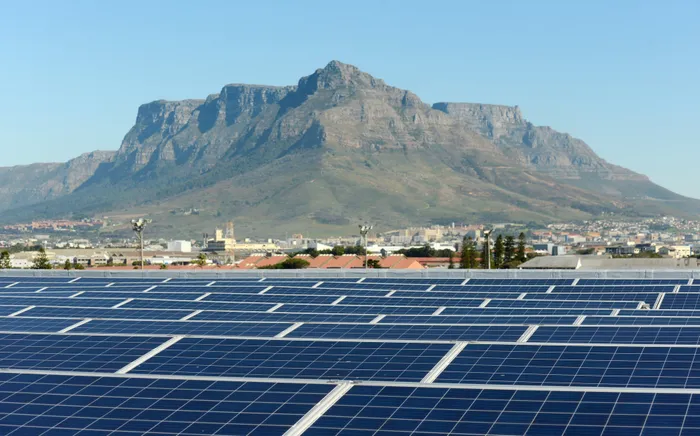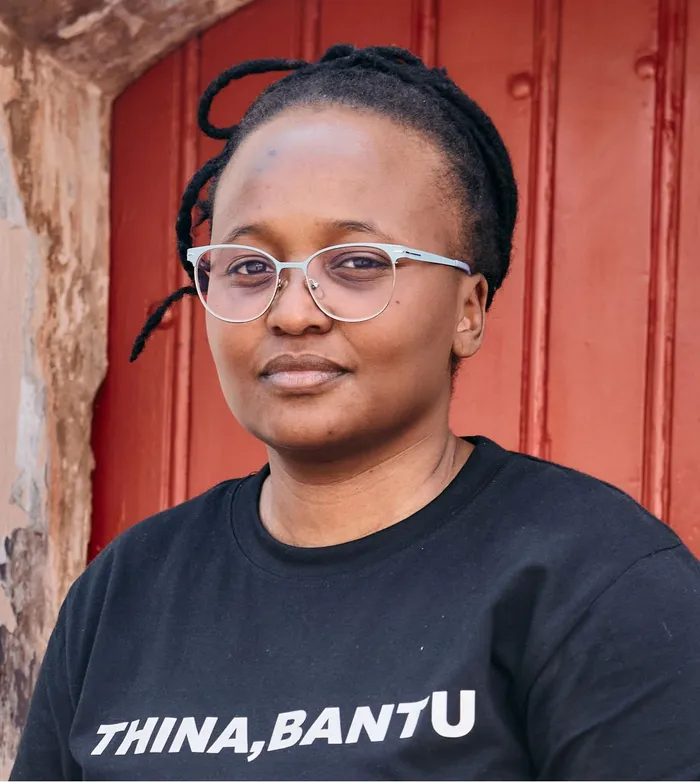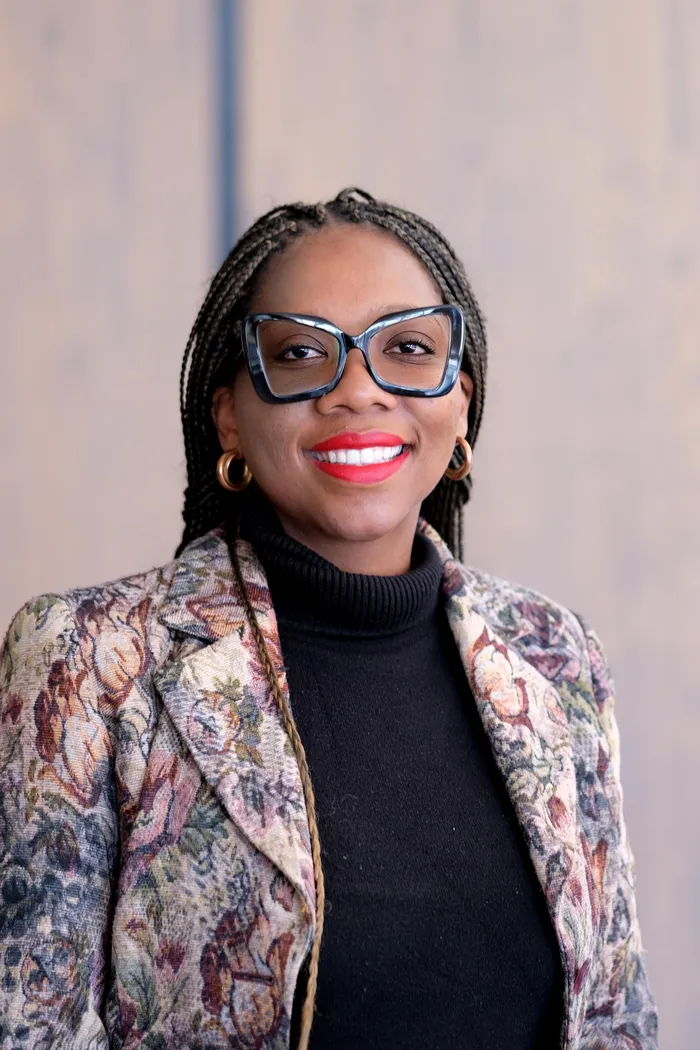Nation building and social dialogue for a just transition
RENEWABLE ENERGY

To achieve this transition, we must engage in robust, meaningful, and inclusive social dialogue, ensuring that the transition is fair, equitable, and beneficial for all South Africans – a Just Transition.
Image: Armand Hough/Independent Newspapers
Every year, Freedom Day enables us to reflect on and pay tribute to the day South Africa initiated an irreversible transition grounded in the principles of inclusivity, equality, and justice through the country’s first democratic elections.
That momentous occasion 31 years ago elected 490 able South Africans to constitute the Constitutional Assembly and entrusted them with the responsivity of drafting our democratic Constitution which would serve as the supreme law and a blueprint for a just and equal society.
Transitions have long been a part of South Africa’s journey, and now, the crucial shift toward a low-carbon future presents an extraordinary opportunity to transform our nation.
The transition is not just an environmental necessity to ward off the climate crisis; it is a pivotal moment for nation-building that we cannot afford to overlook.
To achieve this transition, we must engage in robust, meaningful, and inclusive social dialogue, ensuring that the transition is fair, equitable, and beneficial for all South Africans – a Just Transition.
The concept of nation-building has deep roots in South Africa. Emerging from a negotiated settlement that ended years of oppression and systemic exclusion, our nation appreciates the significant role of social dialogue in fostering transformation.
Our Constitution was drafted through a process characterised by transparency and inclusivity, initiating the largest public participation effort in South Africa’s history.
This foundational document was developed through social dialogue, supported by combined investments from the government, the private sector, and the international community, all standing in solidarity with South Africa’s journey towards becoming a sovereign democratic state.
Today, we face new challenges, and social dialogue must be leveraged to navigate the complexities of transitioning from a fossil fuel-dependent economy to one that is sustainable and climate-resilient.
The just transition presents us with an opportunity to deepen our nation-building efforts, guided by the Constitution and the Just Transition Framework.
The Just Transition Framework identifies procedural justice as one of the key principles underpinning the transition to a low-carbon future, emphasising inclusive social dialogue and ensuring that affected groups actively participate in transition decisions.
Effective nation-building through social dialogue necessitates inclusive participation. Historically disadvantaged and vulnerable communities, often marginalised in national debates, must have meaningful seats at the table.
Their voices should not merely be consulted but they must actively shape the decisions that directly impact their futures.
Such inclusive dialogue ensures co-creation and legitimacy, fosters mutual trust, and promotes collective ownership of the outcomes, creating a foundation for societal cohesion in transition.
Social dialogue extends beyond structured forums to broader societal engagements, embracing educational initiatives, public awareness campaigns, and community-level dialogues.
This expansive approach helps demystify the complexities of the just transition, making the dialogue accessible to all South Africans and fostering a widespread culture of environmental consciousness and social solidarity.
We must meet people where they are for meaningful and sustained dialogue.
Tailoring our engagements and outreach to the realities of different communities—geographically, culturally, linguistically, and digitally—so that no one is left out of the conversation.
The Presidential Climate Commission (PCC) has adopted an expansive, inclusive, and meaningful approach in their social dialogues for their work programmes and also in the development of the Just Transition Framework, which serves as the blueprint for guiding South Africa’s transition to a low-carbon future.
What is impactful about this approach is that dialogue it is not a once-off engagement, but rather a considered and continuous one.
The PCC does and must continue to work collaboratively with other stakeholders such as government, business, labour, youth, and civil society in leading and promoting social dialogue for the just transition.
The private sector holds substantial responsibilities in the nation-building process.
Businesses must actively engage in dialogue, recognising that sustainable practices are no longer optional but integral to their operational resilience and long-term profitability.
Through genuine participation in social dialogue, businesses can collaborate with labour and communities to innovate sustainable solutions, invest in local economic diversification, and contribute positively to social stability.
Labour unions, integral actors in South Africa's historical social compacts, likewise play a critical role in advocating for workers’ interests while engaging in dialogue aimed at shaping just transition strategies.
Labour's active involvement ensures that the transition does not exacerbate inequality but instead promote decent work, fair wages, and improved conditions, preserving dignity and economic stability for workers and their families.
Government, tasked with the stewardship of national interests, must facilitate and sustain these dialogues transparently and inclusively, ensuring that commitments translate into tangible policy actions. Transparent governance builds trust, mitigates potential conflicts, and enhances accountability.
Freedom Day is a powerful declaration.
It reminds us that it is the responsibility of every individual and sector of society to build a thriving democracy.
Imagine a South Africa where everyone reaps the rewards of freedom, has their basic needs met, and voices heard. Together, through open dialogue and decisive action, the just transition will be a powerful catalyst for nation-building, a nation where no one is left behind.
Mbali Baduza, Presidential Climate Commissioner and CEO of We the People South Africa (an initiative of Constitution Hill Trust) and Zimasa Vazi, Senior Manager: Stakeholder Engagement, PCC Secretariat.

Mbali Baduza, Presidential Climate Commissioner and CEO of We the People South Africa (an initiative of Constitution Hill Trust).
Image: Supplied.

Zimasa Vazi, Senior Manager: Stakeholder Engagement, PCC Secretariat.
Image: Supplied.
BUSINESS REPORT